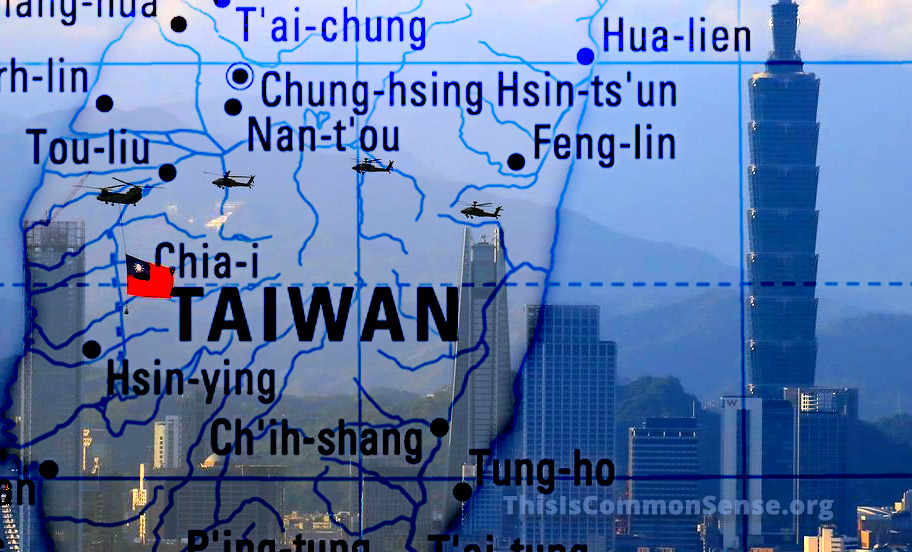
Last week, when I heard about a power outage across Taiwan, my first thought was the possibility of a Chinese cyberattack which might precede a military attack.
It was not that. Thank goodness.
But what if it had been? Many have speculated that the Russian invasion of Ukraine might distract the U.S. and thereby encourage Xi Jinping and his People’s Liberation Army to launch an assault against Taiwan.
How should the U.S. react to a Chinese invasion? Even with our silly policy of “strategic ambiguity,” most in Asia expect the U.S. to defend the island nation. The Washington Post and others argue the U.S. has committed to fight with Taiwan.*
That’s not the case with Ukraine.
Like Ukraine, Taiwan will defend itself, but is over-matched. Geographically important as part of the first island chain, Taiwan is, as former Secretary of State Mike Pompeo points out, “right in the middle of our defensive parameters, from Japan to Korea to the Philippines in the South China Sea.”
And the island is economically nearly essential. “Ninety percent of the most advanced [computer] chips are made in Taiwan,” reports The New York Times.
The United States should not be the world’s policeman, which dilutes our strength, needed not only for our own defense and the defense of navigable trade routes but also the defense of hundreds of millions of currently free people with whom we are allied — especially in Asia.
Most urgently in Taiwan.
As a country, it’s time to start doing some homework, and push-ups. Economically. Militarily. Being weak doesn’t help anyone. Being strong is our best chance to avoid World War III.
This is Common Sense. I’m Paul Jacob.
* The USA has pledged military assistance to 67 countries in all, including the Republic of China (Taiwan), but not Ukraine. It’s a list the American people have every right to re-configure. But until then, one Pentagon planners should get busy with.






